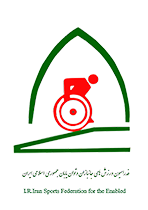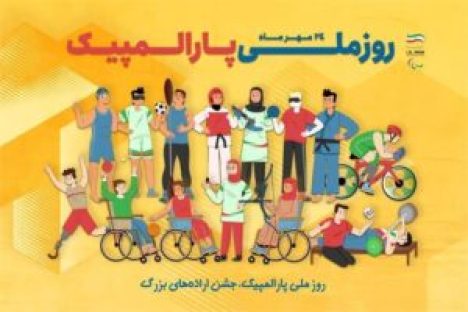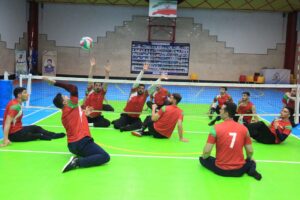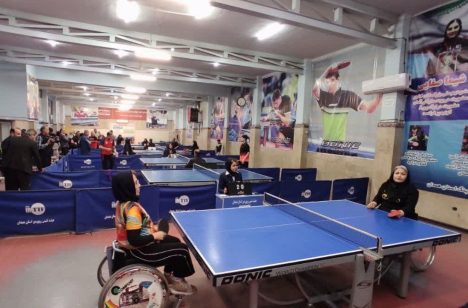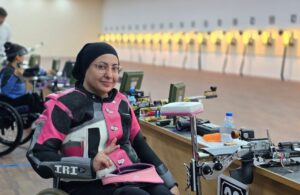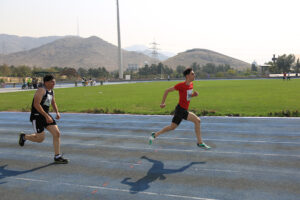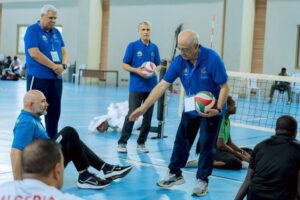October 15 has been designated in the national calendar as “National Paralympic Day,” a valuable opportunity to reconsider the place of sports for persons with disabilities and to emphasize the importance of developing inclusive sports in society.
According to the Public Relations Department of the Federation and quoting the National Paralympic Committee, this occasion not only commemorates the efforts and achievements of Paralympic athletes but also serves as a platform for social awareness and improving public attitudes toward the abilities of persons with disabilities.
The inclusion of this day in the national calendar is the result of the continuous efforts of the National Paralympic Committee of Iran in recent years—a movement aimed at honoring athletes’ accomplishments and promoting public awareness. Today, this committee continues to play a key role in commemorating “National Paralympic Day,” organizing various ceremonies, festivals, and sports–cultural programs across the country each year to encourage broad participation of persons with disabilities, their families, and the general public. These events, in addition to fostering a sense of social vitality, profoundly influence society’s positive attitude toward the capacities of people with disabilities.
Public and inclusive sports represent the first step toward empowerment. Active participation of persons with disabilities in general sports programs strengthens self-confidence, enhances physical and mental health, and develops social skills. This gradual engagement can lead to talent identification and direct athletes toward the path of elite sports, ultimately paving the way for success in the Asian Para Games, the Paralympic Games, and other global competitions.
However, achieving this vision cannot rely solely on individual or organizational effort. The role of families in motivating and continuously supporting their children, the participation of welfare organizations in providing professional support and services, and the role of the education system in ensuring equal sporting opportunities form the three main pillars for nurturing and developing athletes with disabilities. The synergy of these organizations, along with policies and programs of the National Paralympic Committee, can streamline the growth of inclusive sports and create the foundation for nurturing future champions.
National Paralympic Day goes beyond a mere date on the calendar; it reminds us of the importance of sports as a tool for enhancing quality of life, strengthening social solidarity, and drawing inspiration from the achievements of athletes with disabilities.
Investment in inclusive sports is an investment in human and social development—one whose outcomes will manifest not only in the field of sports but also across all cultural and social dimensions of society.

